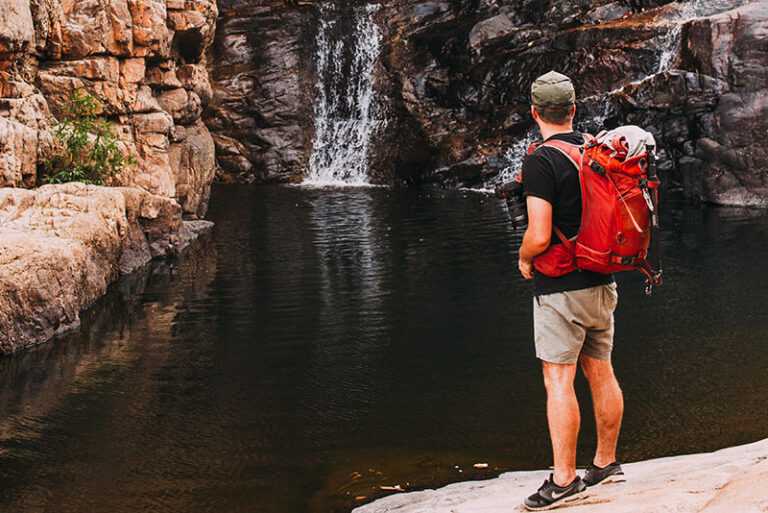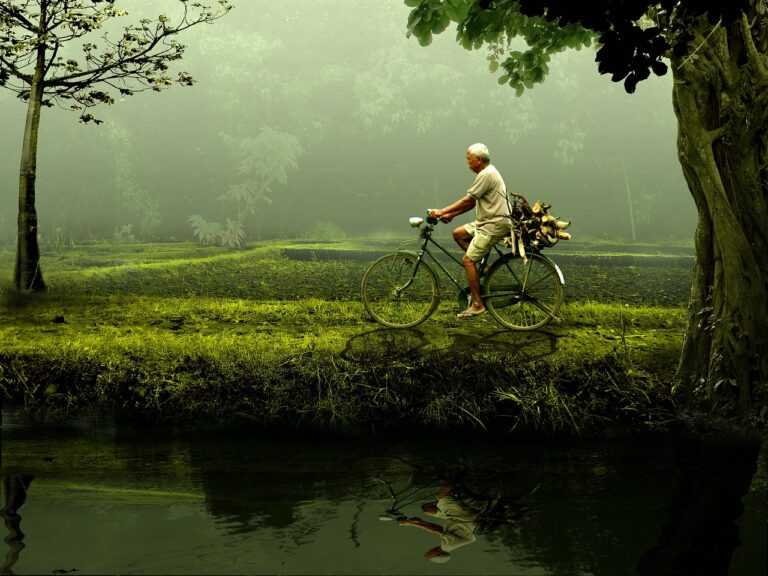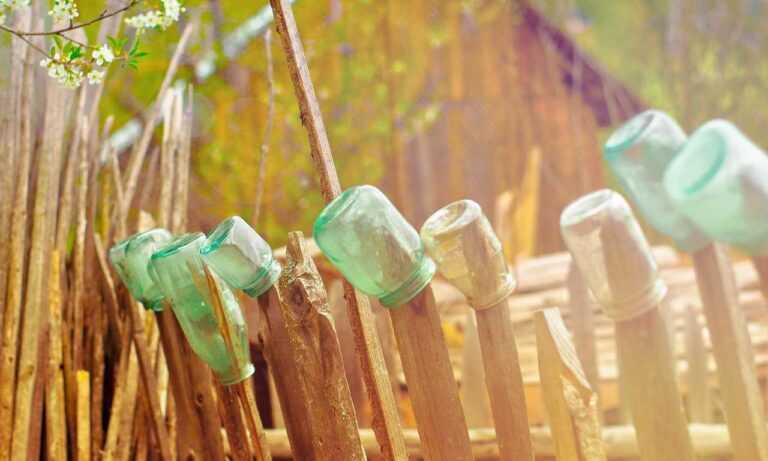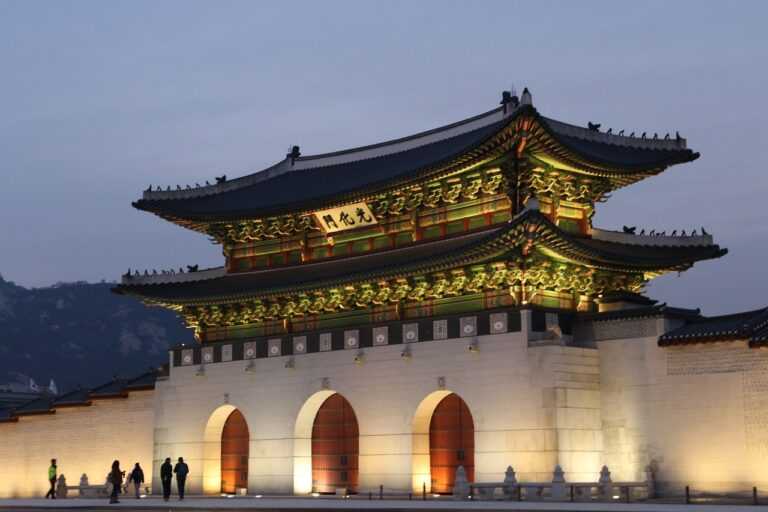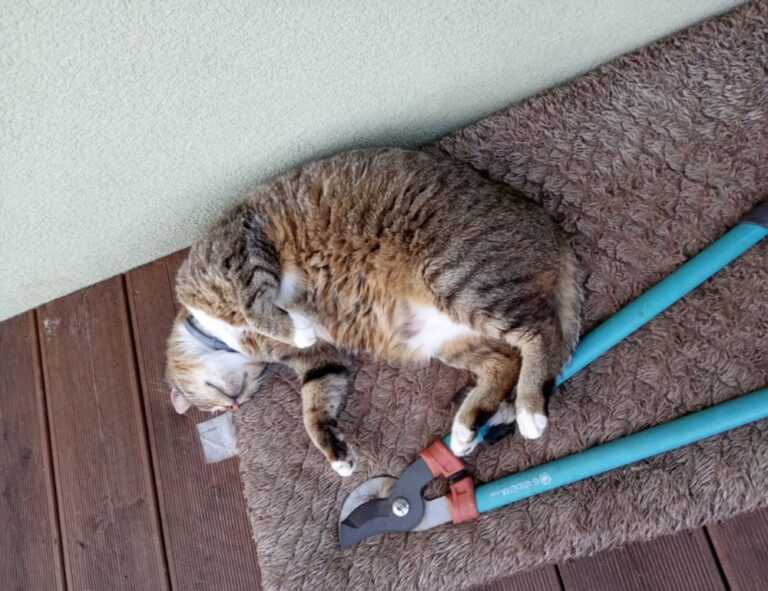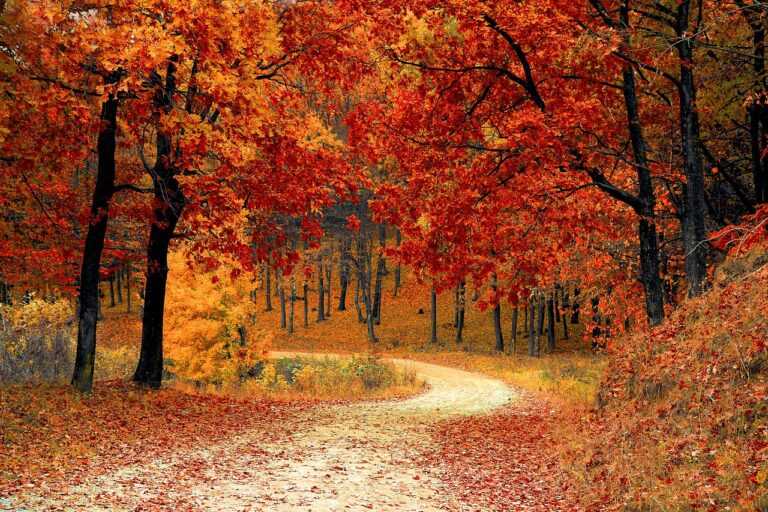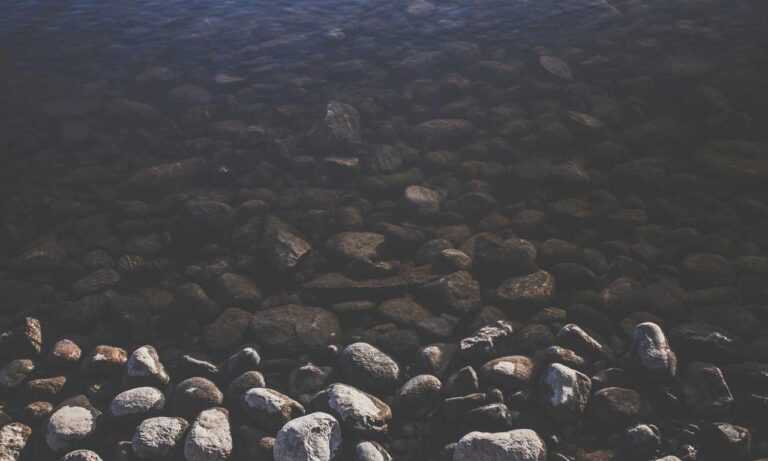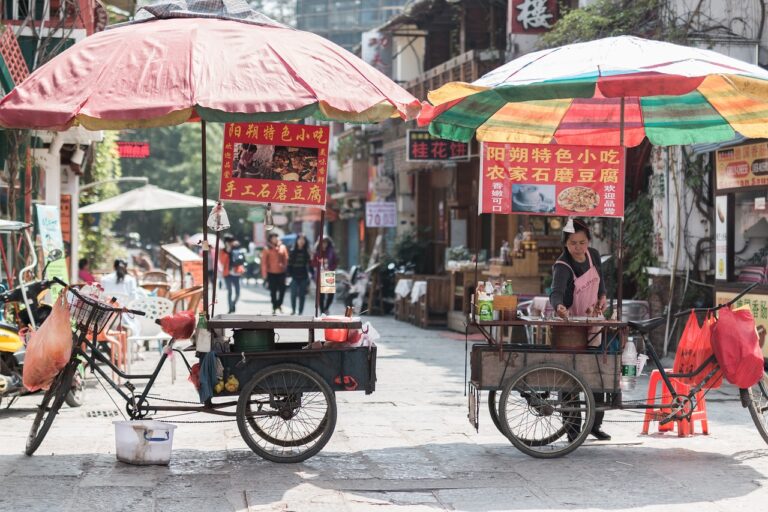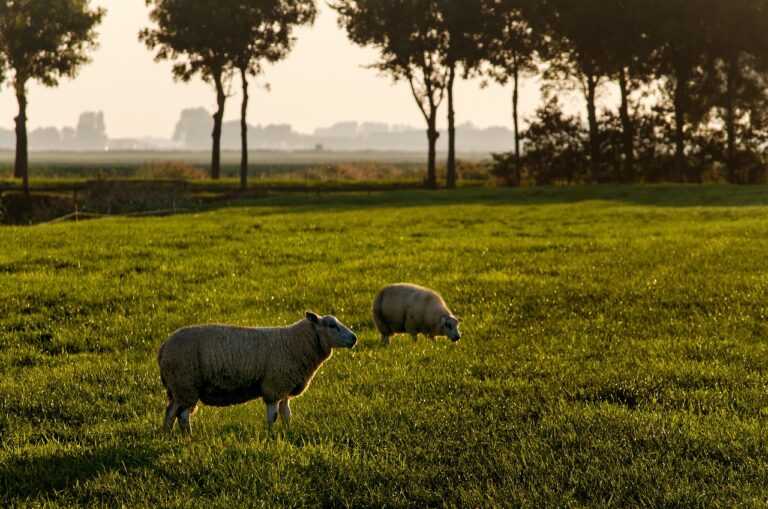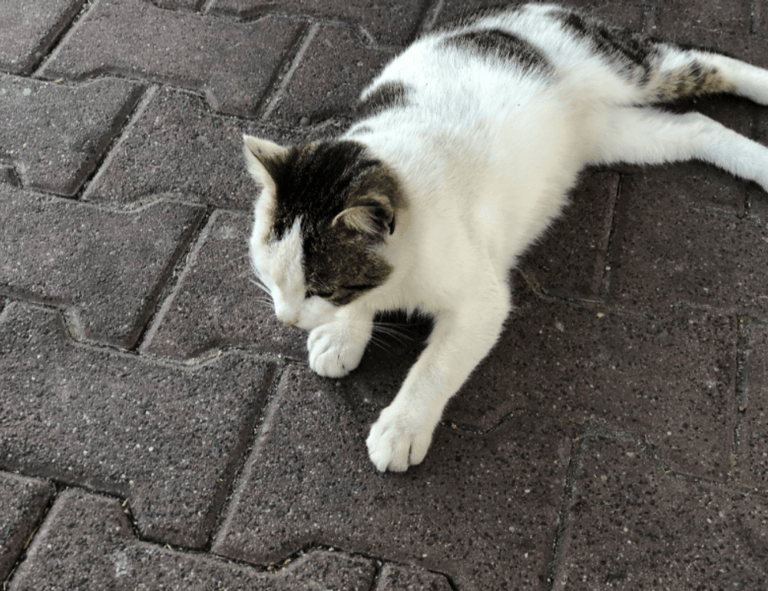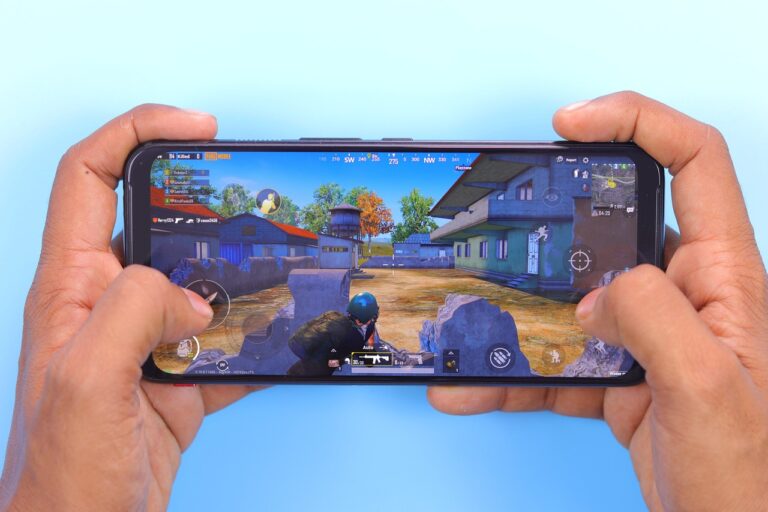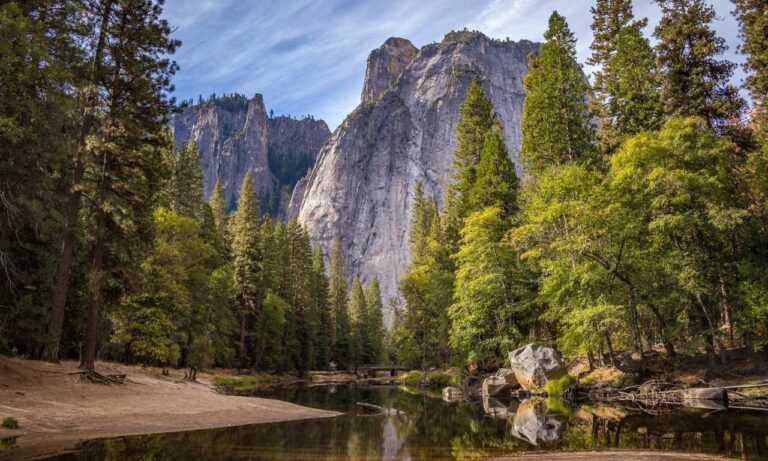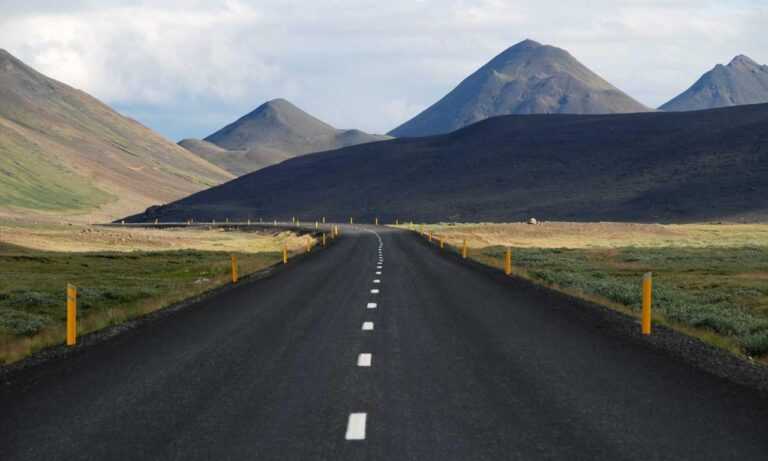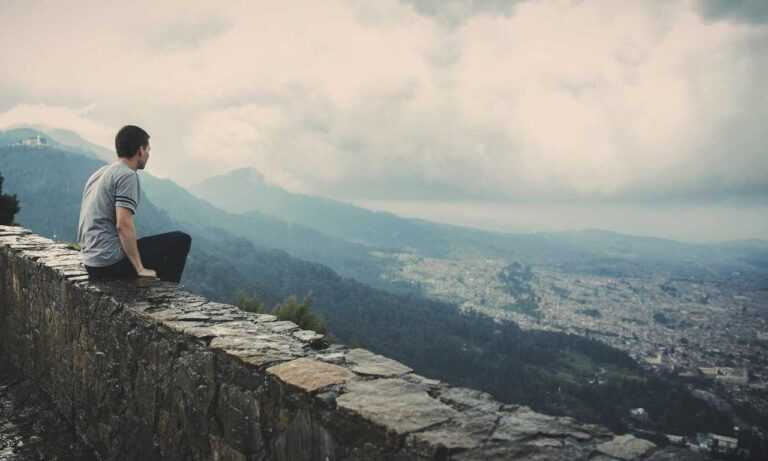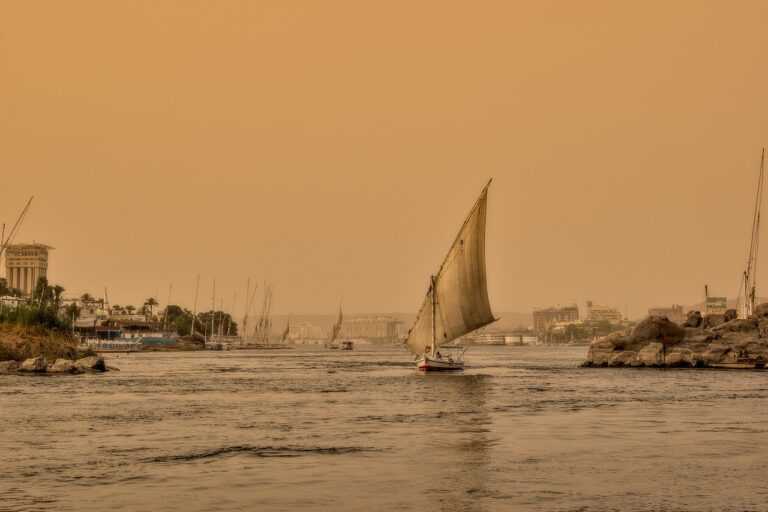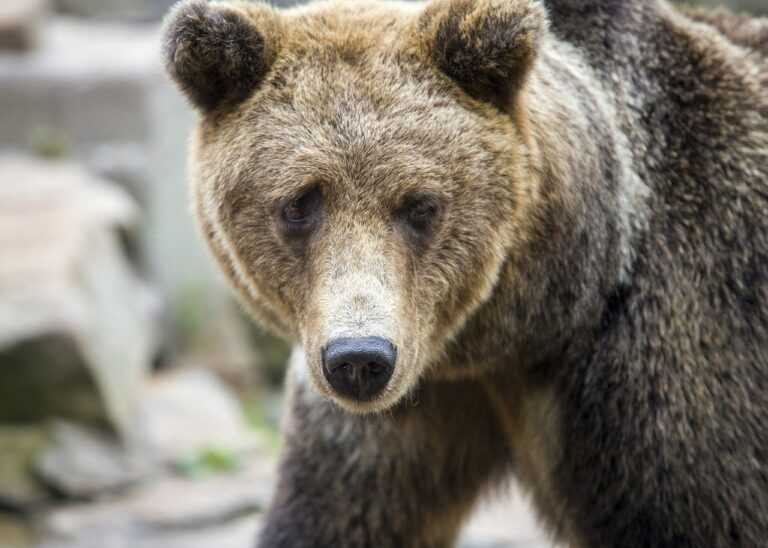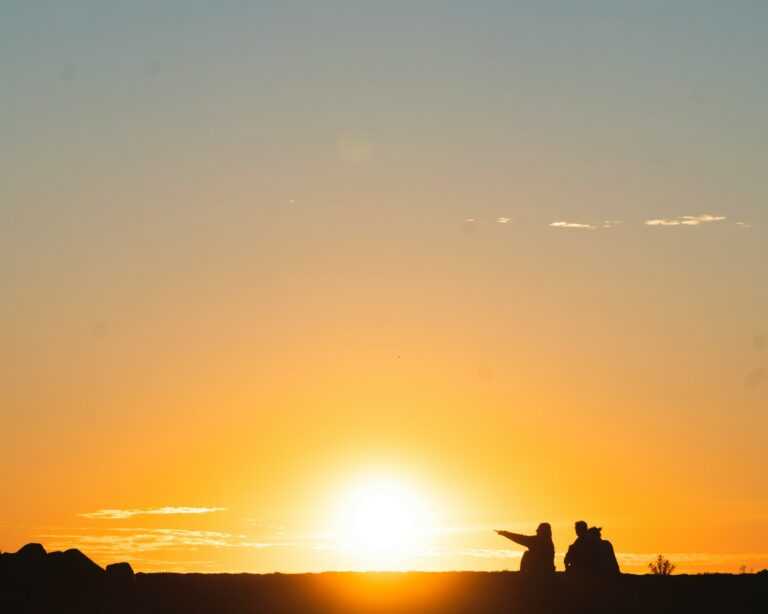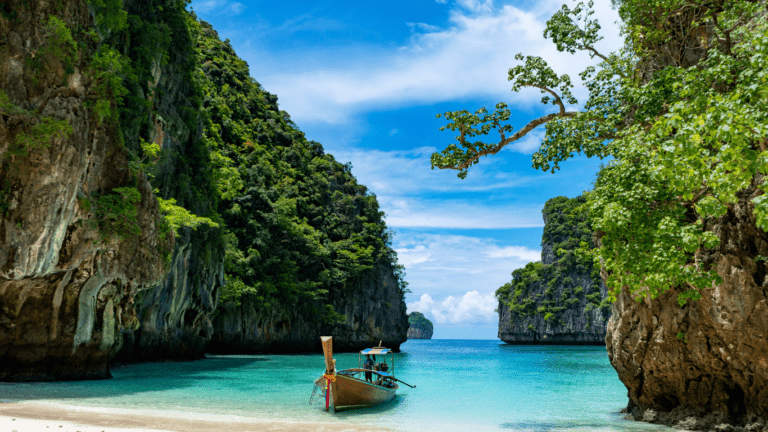Traveling is one of life’s greatest joys, but it can quickly turn into a cookie-cutter experience if you fall into the tourist trap cycle. I’ve been there—standing in long lines for overpriced attractions while missing out on the hidden gems that truly define a destination.
The good news is that with a bit of planning and curiosity, you can steer clear of these traps and immerse yourself in authentic local culture. In this guide, I’ll share my favorite tips and tricks for finding genuine experiences that resonate with the heart of a place.
From seeking out local eateries to exploring off-the-beaten-path neighborhoods, there’s a world of adventure waiting just beyond the crowded hotspots. Let’s dive into how you can make the most of your travels and create unforgettable memories that go beyond the typical tourist experience.
Understanding Tourist Traps
Tourist traps detract from authentic travel experiences. Recognizing these pitfalls helps in discovering genuine local culture.
What Defines a Tourist Trap?
A tourist trap refers to a location or attraction primarily designed to attract tourists rather than provide true local experiences. These sites often prioritize profit over authenticity, resulting in overpriced attractions lacking cultural significance.
Tourists usually frequent these places due to marketing, popularity, or convenience, missing out on more enriching encounters in the process.
Common Characteristics of Tourist Traps
- Overpriced Goods and Services: Tourist traps frequently charge inflated prices for food, souvenirs, and activities, leading to unnecessary expenditure.
- Crowded Environments: High foot traffic in these areas reduces enjoyment and authenticity, making it difficult to connect with the local culture.
- Canned Experiences: Often, experiences at these attractions feel scripted or inauthentic, lacking the spontaneity of true cultural encounters.
- Limited Local Interaction: Tourist traps tend to isolate visitors from local community members, diminishing opportunities for meaningful exchanges.
- Aggressive Marketing: These locations often rely on heavy advertising, promotions, and social media hype to lure tourists, overshadowing less commercial yet genuine attractions.
Researching Your Destination
Researching your destination greatly enhances the travel experience. Gathering information ahead of time helps identify authentic local experiences, providing a richer understanding of the culture.
Importance of Pre-Trip Research
Pre-trip research shapes travel planning by uncovering hidden gems and local traditions. Engaging with blogs, travel forums, or social media platforms reveals insights from fellow travelers.
Utilizing guidebooks can deliver curated information on neighborhoods, dining spots, and unique activities. Checking reviews on sites like TripAdvisor or Yelp ensures you find places favored by locals rather than tourists.
Focusing on cultural events, festivals, or classes enriches my journey, allowing for immersive participation in community life that typical tourist itineraries often miss.
Utilizing Local Resources and Websites
Local resources, including tourism boards and community websites, offer valuable insights for authentic experiences. Visiting official tourism websites reveals calendars of local events, markets, and festivals.
Utilizing platforms like Meetup enables connections with locals who share interests or hobbies. Following local bloggers or influencers gives real-time recommendations on lesser-known attractions and eateries.
Engaging with local social media groups fosters community ties and presents opportunities for unique experiences rarely found in guidebooks. Prioritizing these resources guides toward authentic interactions that provide richer travel memories.
Engaging with Locals
Engaging with locals enhances travel experiences by providing insights and connections. Here are effective ways to interact with the community.
Building Connections with Residents
Building connections with residents offers genuine perspectives on culture. Start by visiting local coffee shops, markets, or neighborhood parks, where interactions occur naturally. Approach conversations with an open mind and curiosity, asking locals about their favorite spots, traditions, or hidden attractions.
Attend community events, such as street fairs or festivals, to meet people in relaxed settings. These connections often lead to memorable experiences, from shared meals to personal stories, enriching your understanding of the area.
Joining Local Tours and Events
Joining local tours and events immerses travelers in the culture. Look for tours led by residents who share their passions and expertise. Options include food tours showcasing authentic cuisine or guided walks exploring history and traditions.
Local events, such as cooking classes or dance workshops, provide hands-on experiences and allow for deeper connections with the culture. These activities often emphasize authentic practices, guiding you to discover unique aspects of the destination that standard tourist experiences overlook.
Exploring Off the Beaten Path
To discover authentic local experiences, I focus on exploring less crowded locations. Identifying these spots often leads to memorable adventures.
Identifying Less Popular Attractions
I prioritize smaller, lesser-known attractions over well-trodden tourist sites. Researching local art galleries, historic neighborhoods, and community parks reveals unique experiences. Online travel forums and social media groups frequently highlight these hidden gems.
For instance, using Google Maps to check user reviews for alternative attractions helps me spot places that locals frequent. Visiting often at off-peak hours maximizes tranquility and allows for engagement with the environment.
Exploring Neighborhoods and Markets
Exploring local neighborhoods and markets enhances my travel experience. I gravitate towards vibrant farmer’s markets or flea markets where local crafts and organic food showcase regional culture.
Walking through quiet streets often unearths delightful cafés and shops where I can chat with residents. These informal interactions enhance my understanding of traditions and lifestyles. Participating in community events, like street festivals or cultural fairs, offers additional insights into local customs while fostering connections with the people and their stories.
Dining Like a Local
Dining like a local enhances my travel experiences. I seek out authentic restaurants and culinary adventures to immerse myself in the culture.
Finding Authentic Restaurants
Finding authentic restaurants requires a bit of research and a willingness to explore. I look for places that locals frequent, avoiding touristy chains or spots with extensive menus in multiple languages. Checking online reviews can lead me to hidden gems that offer regional specialties.
Using apps like Yelp or TripAdvisor, I filter for venues with high ratings that emphasize local cuisine. Visiting neighborhood eateries rather than popular dining districts often opens the door to unique flavors and dishes. Asking locals for recommendations also proves invaluable, as their insights can point me toward lesser-known favorites.
Food Tours and Culinary Experiences
Food tours and culinary experiences offer a delicious way to engage with local culture. Joining a food tour allows me to sample various dishes while learning about their origins. I seek tours that emphasize traditional cooking methods and recipes passed down through generations.
Participating in cooking classes also deepens my understanding of the local cuisine; hands-on experiences make the food feel more personal. Markets often host food tastings or guided tours to highlight local products and culinary practices.
Exploring these opportunities showcases the region’s culinary heritage while forging connections with the community.
Utilizing Technology
Leveraging technology can significantly enhance the travel experience, allowing me to avoid tourist traps and connect with authentic local culture. Various apps and online resources provide valuable insights and support authentic exploration.
Apps and Tools for Local Exploration
Using apps designed for travel can simplify discovery of local experiences. Popular apps include:
- Google Maps: Helps find hidden gems and read reviews from locals.
- Yelp: Offers user-generated reviews of restaurants and attractions.
- TripAdvisor: Provides insights on local hotspots, along with community photos.
- Eventbrite: Lists local events, workshops, and activities happening in real-time.
- Meetup: Connects me with locals sharing similar interests, fostering genuine interactions.
These tools let me navigate neighborhoods, locate eateries, and plan visits to events that capture the local vibe.
Online Communities and Forums
Engaging in online communities helps gather insider tips that enhance travel experiences. Useful platforms include:
- Facebook Groups: Allow me to connect with fellow travelers and locals, asking questions and seeking recommendations.
- Reddit: Features subreddits dedicated to specific locations, offering first-hand advice and local insights.
- Travel Blogs: Provide curated suggestions for exploring areas away from touristy paths.
- Instagram: Lets me follow local influencers and discover hidden spots through hashtags.
By tapping into these resources, I gain access to information that countless travelers share, enriching my understanding of local culture and experiences.



